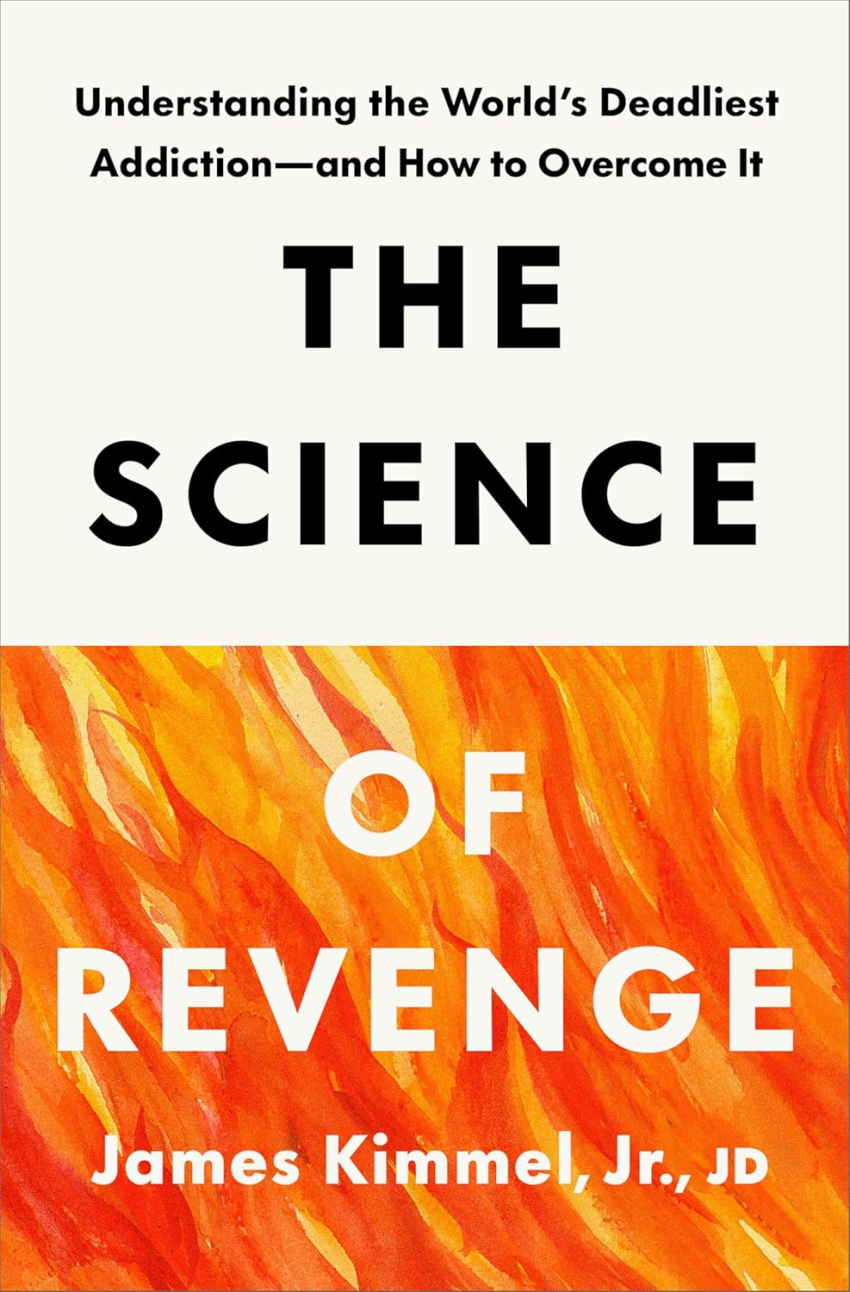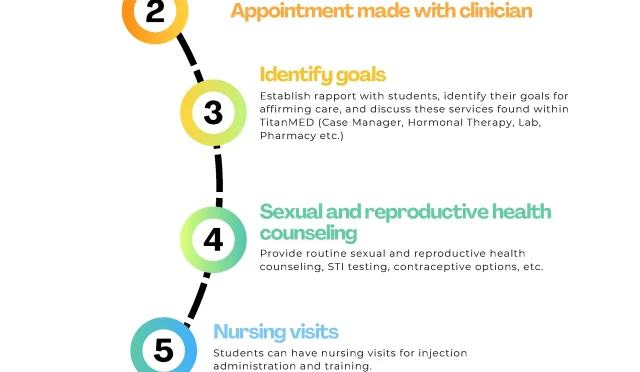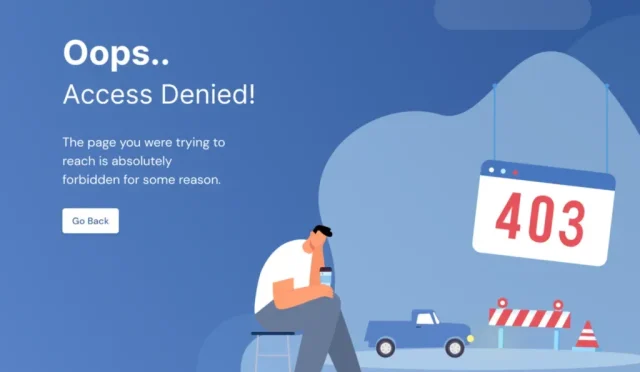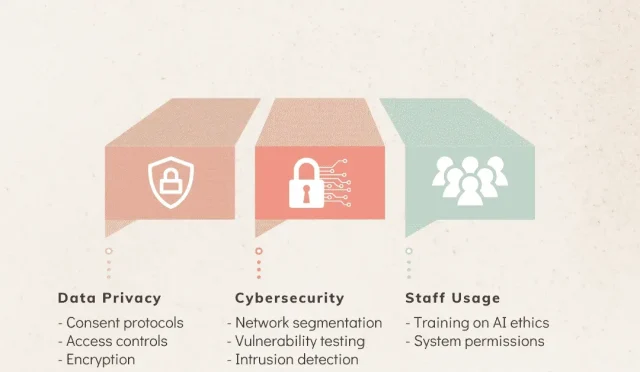Overcoming Revenge Addiction: How to Break Free
Overcoming revenge addiction is an essential step towards emotional healing and mental well-being. Many people don’t realize that the desire for retaliation can develop into a compulsive craving, often leading to negative consequences for mental health and relationships. Research shows that this obsession with revenge can become a toxic cycle, distracting us from the joys of life and causing significant distress. By learning to break free from revenge, individuals can reclaim their peace of mind and redirect their energy towards healthier coping mechanisms. Techniques such as mindfulness for anger, practicing forgiveness, and seeking professional mental health support can empower individuals to move past their grievances and ultimately find satisfaction in letting go.
The challenge of letting go of grudges and the craving for retaliation is becoming an increasingly prevalent issue in our society. People often find themselves tangled in an emotional web that revolves around the desire for revenge after feeling wronged or betrayed. This fixation not only impacts mental stability but can also lead to further distress and destabilization in personal relationships. Alternative approaches to address these feelings may involve exploring forgiveness methodologies or utilizing mindfulness strategies to cultivate inner peace. Ultimately, understanding the psychology behind these feelings is crucial in facilitating recovery and promoting emotional resilience.
Understanding the Addiction to Revenge
Revenge can be an addictive cycle that people often find themselves trapped in without even realizing it. The initial feelings of anger and hurt can morph into an overwhelming desire for retaliation, making it difficult to think of anything else. This mental fixation on revenge acts similarly to other addictions, like substance abuse, where individuals become dependent on the emotional highs that come from planning their retaliation. This is where the “grievance-triggered revenge craving” makes its mark, becoming a compulsion that intertwines with your thoughts, emotions, and ultimately your mental health.
People who struggle with this addiction may find themselves caught in a loop of negative thoughts that perpetuates their pain. The feelings of humiliation, betrayal, or resentment ignite a fiery motivation to get even, affecting their ability to focus on daily tasks or relationships. Understanding that this cycle is not just about self-satisfaction but also about coping mechanisms is vital for those looking to break free from the grip of revenge. Recognizing that these impulsive thoughts are detrimental to managing mental health can be the first step toward recovery.
Overcoming Revenge Addiction: Steps to Healing
Overcoming revenge addiction requires a conscious effort to understand and address the underlying emotional triggers that lead to these thoughts. Acknowledging that harboring grudges is detrimental to one’s overall well-being is crucial. Engaging in cognitive behavioral therapy can help individuals identify harmful thought patterns and develop healthier coping mechanisms. Healing from these feelings involves redirecting focus from thoughts of retaliation to personal growth and self-improvement.
Additionally, utilizing mindfulness techniques can be transformative in breaking free from revenge cravings. Practicing meditation or breathwork helps individuals cultivate awareness of their emotions, allowing them to observe their anger without judgment. This process can lessen the obsessive thinking that often accompanies grievance thoughts and link back to healthier emotional states. With patience and persistence, individuals can learn to detach from the need for revenge and embrace forgiveness as a path to personal freedom.
The Psychosocial Impact of Revenge Cravings
The desire for revenge has profound implications on one’s mental health and well-being. Engaging consistently in thoughts of payback can create a toxic cycle that leads to increased anxiety, stress, and even paranoia. The chemicals released in response to these vengeful thoughts can manifest into physical symptoms—such as elevated heart rates and increased blood pressure—which affect both emotional and physical health. Research indicates that harboring grudges can even trigger maladaptive coping mechanisms such as substance abuse, leading to a downward spiral in overall life quality.
Furthermore, many fall into the trap of social media, where constant reminders of past wrongs can exacerbate feelings of resentment. The online landscape often serves as a breeding ground for grievances, where individuals become further entrenched in their thoughts of retribution. Understanding the psychosocial effects of revenge can lead to healthier interactions, both online and in real life. By recognizing the hurtful impacts of these cravings, individuals can move towards more constructive ways of dealing with their anger and pain.
Forgiveness Techniques That Promote Healing
Forgiveness should not be mistaken for condoning the actions of others; instead, it is a powerful tool for reclaiming personal peace and releasing the grip of revenge. Various techniques can assist individuals in embarking on their forgiveness journey. This can include writing letters expressing how one feels and then choosing not to send them, engaging in visualization exercises where one imagines the act of forgiving the offender, and even practicing gratitude to shift focus away from pain and resentment.
Moreover, developing empathy for the person who caused the grievance can provide a fresh perspective and foster forgiveness. Understanding that everyone makes mistakes and is capable of change allows individuals to break the cycle of anger and resentment. Ultimately, the goal of forgiveness is to facilitate emotional healing, not only for the person who inflicted the pain but for oneself, allowing for personal growth and the ability to move forward in life without the burden of past grievances.
Mindfulness Practices for Reducing Anger
Mindfulness practices stand out as effective tools for those grappling with the impulse for revenge. By focusing on the present moment, individuals can distance themselves from the cycle of ruminating over grievances. Techniques such as deep breathing, guided meditation, and mindful observation allow one to become aware of intrusive thoughts and redirect attention towards positive experiences. This detachment creates space for clarity and diminishes the power that revenge cravings hold over one’s mind.
Regular mindfulness practice can support emotional regulation, enabling individuals to respond to challenging situations more constructively rather than reactively. Over time, these techniques can significantly contribute to reducing overall anger levels and promote a calmer state of mind. Incorporating mindfulness into daily routines can help maintain emotional balance and prevent the escalation of vengeful thoughts.
When to Seek Professional Help
While self-help strategies can be beneficial, there are times when professional intervention is necessary. Recognizing the need for help is a critical step toward healing and can provide invaluable support in overcoming revenge addiction. If individuals find themselves overwhelmed by thoughts of vengeance that interfere with daily life or lead to harmful behaviors, it could be time to seek a therapist’s guidance. Mental health professionals can offer tailored approaches, such as cognitive-behavioral therapy, to help clients reframe their thoughts and develop healthier coping mechanisms.
Additionally, if efforts towards forgiveness or practicing mindfulness continue to fall short, therapy can provide additional tools and insights. A qualified mental health professional can assist in unraveling deeper emotions attached to grievances and facilitate the healing process. Remember, seeking help is a sign of strength, and addressing these issues can lead to lasting change, improved mental health, and a more fulfilling life, free from the chains of revenge.
Building Resilience Against Vengeance Thoughts
Building resilience is fundamental for individuals looking to overcome revenge addiction and reduce the impact of grievance-triggered thoughts. Developing coping strategies that promote emotional strength can involve engaging in healthy distractions, forming positive relationships, and practicing self-compassion. When individuals can foster a sense of resilience, they become better equipped to handle conflicts in a constructive manner, reducing the likelihood of succumbing to vengeful thoughts.
Creating a supportive network is essential for emotional resilience. Surrounding oneself with individuals who promote positive mental health, encourage growth, and support the journey of forgiveness helps individuals learn alternative perspectives. Engaging in community activities, volunteering, or joining supportive groups can also enhance resilience by providing purpose and connection, further diminishing the appeal of revenge as a coping mechanism.
The Role of Social Media in Revenge Cravings
In today’s digital age, social media has changed the dynamics of how grievances and revenge cravings manifest. The constant access to online interactions creates a breeding ground for the escalation of perceived wrongs. Past conflicts can resurface as individuals engage with others’ posts or comments that remind them of their grievances, thus intensifying their revenge cravings. This cycle can create a social environment where negative emotions fester rather than healing and moving on.
Understanding the influence of social media is essential in breaking free from this cycle. Limitations on one’s engagement with platforms that trigger feelings of resentment, coupled with a conscious effort to curate a positive online environment, can significantly deter the need for revenge. Shifting focus from social media interactions to real-life connections fosters healthier relationships and helps individuals process their grievances in a more supportive and constructive manner.
Finding Freedom Through Personal Growth
Personal growth is an essential part of recovering from revenge addiction. This journey often involves self-reflection and a commitment to change. Rather than fixating on past grievances, individuals can dedicate their energy to self-improvement and embracing experiences that foster joy and fulfillment. This proactive approach not only helps reduce the hold of revenge cravings but also allows for personal connection and satisfaction in other areas of life.
Engaging in activities that promote self-discovery, such as pursuing new hobbies, participating in workshops, or volunteering, can redirect thoughts that dwell on past injuries. This shift in focus not only nurtures a sense of purpose but also builds a more positive self-identity that is less susceptible to the damaging effects of grievances. Through this journey of personal growth, individuals learn to rise above their cravings for vengeance and cultivate a life grounded in forgiveness and compassion.
Frequently Asked Questions
How can I break free from revenge addiction?
Breaking free from revenge addiction involves using techniques like mindfulness, forgiveness, and seeking mental health support. Mindfulness allows you to focus on the present and reduce rumination about grievances. Practicing forgiveness can help you let go of anger and resentments, which is essential in overcoming the revenge craving. If these methods don’t suffice, talking to a therapist can provide you with additional strategies to manage these feelings.
What are some techniques for managing revenge cravings?
To manage revenge cravings, consider practicing mindfulness techniques such as meditation or breathwork, which can help calm your mind and decrease anger. Additionally, adopting forgiveness techniques can allow you to move past grievances, reducing the desire for revenge and improving your overall mental health.
What role does mental health play in overcoming revenge addiction?
Mental health is crucial in overcoming revenge addiction. Cognitive behavioral therapy (CBT) can help you identify negative thought patterns related to grievances and revenge cravings. By addressing these thoughts, you can learn healthier coping strategies and break the cycle of addiction to revenge.
Can mindfulness for anger improve my situation with revenge addiction?
Yes, mindfulness for anger can significantly improve your situation with revenge addiction. It helps you become aware of your thoughts and feelings without judgment, making it easier to let go of persistent frustrations and cravings for revenge. This decreased emotional intensity can reduce the urge to act on those cravings.
Is forgiveness a practical approach to overcoming revenge craving?
Yes, forgiveness is a powerful approach to overcoming revenge craving. It allows you to release negative emotions and break the cycle of pain associated with grievances. By intentionally choosing to forgive, you heal yourself more than the person who wronged you, which can significantly reduce the desire for revenge.
When should I seek professional help for revenge addiction?
You should consider seeking professional help for revenge addiction if your feelings are leading to negative consequences, such as substance abuse, relationship problems, or insomnia. If you find it difficult to cope with your grievances despite trying mindfulness and forgiveness techniques, talking to a therapist can provide essential support.
| Key Point | Explanation |
|---|---|
| Revenge as an Addiction | Revenge can become an addiction similar to substance cravings, causing a cycle of grievance-triggered desire for retribution. |
| Psychological Impact | Acting on revenge can lead to more negative feelings such as anger and regret, hindering emotional recovery. |
| Negative Health Effects | Holding onto grudges can cause stress, anxiety, and various health issues, including disrupted sleep and increased heart rate. |
| Overcoming Strategies | Approaches include mental health treatment, mindfulness practices, and forgiveness to break free from the revenge cycle. |
Summary
Overcoming revenge addiction is crucial for both mental and physical well-being. Individuals often find themselves caught in a cycle of grievance and retaliation, leading to a range of negative emotions and health issues. By utilizing strategies like therapy, mindfulness, and the practice of forgiveness, it becomes possible to break free from this toxic mindset. It’s important to recognize that even the act of imagining forgiveness can begin the healing process, allowing individuals to reclaim their peace and move forward in a healthier way.
#Overcoming #Revenge #Addiction








